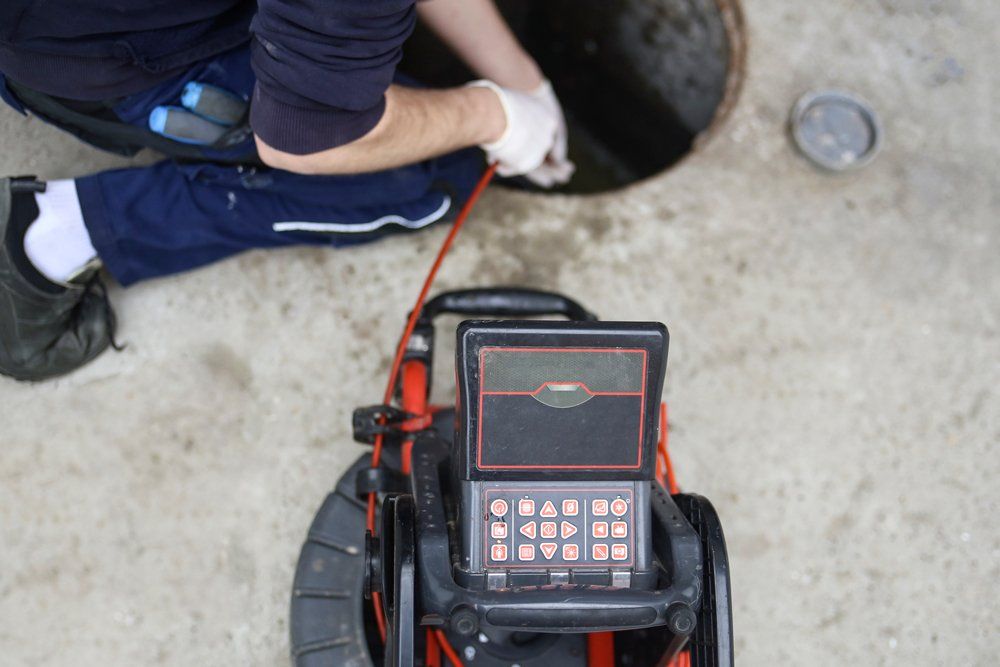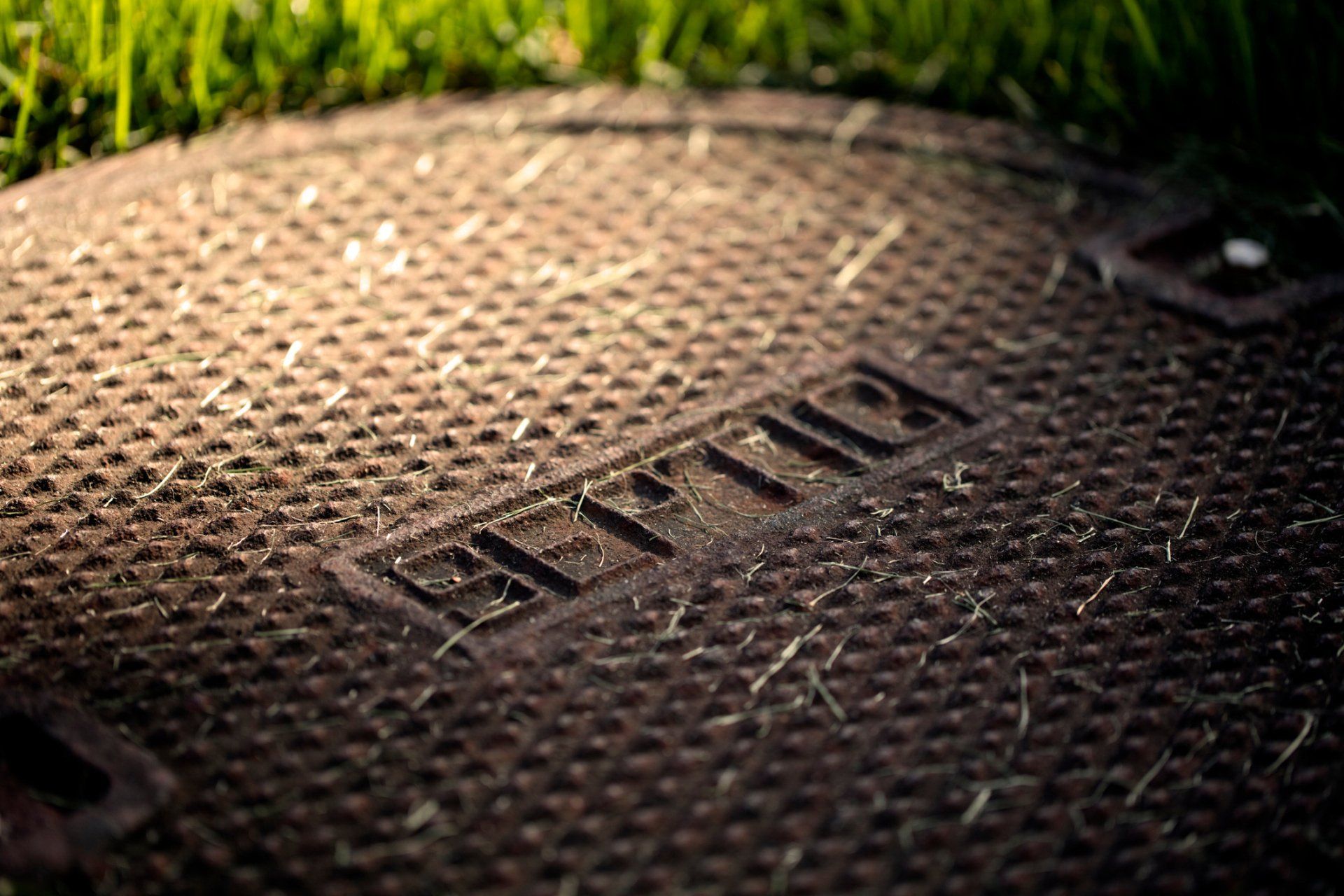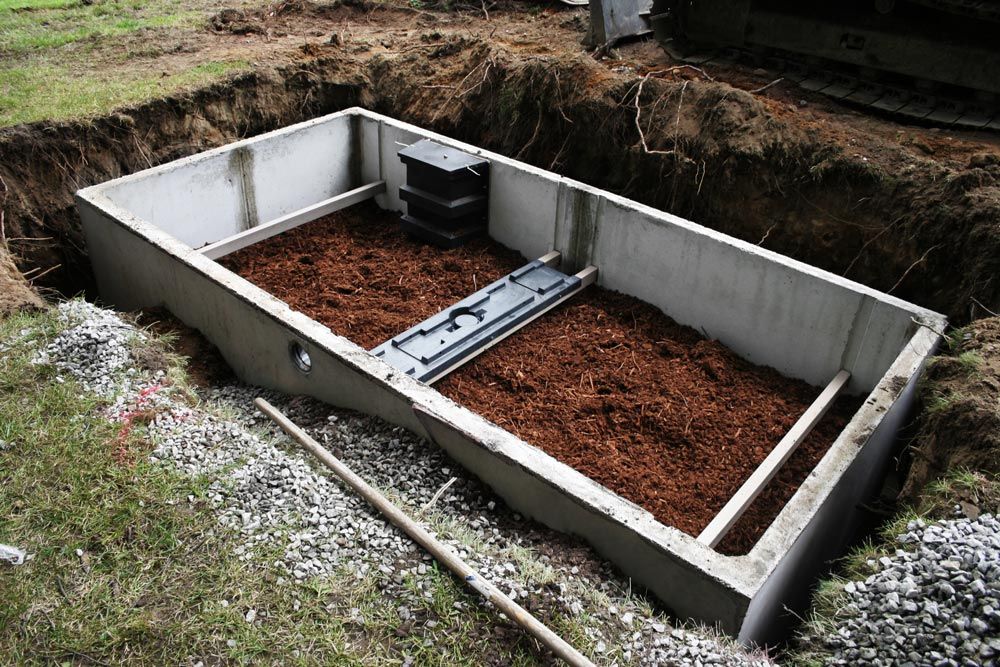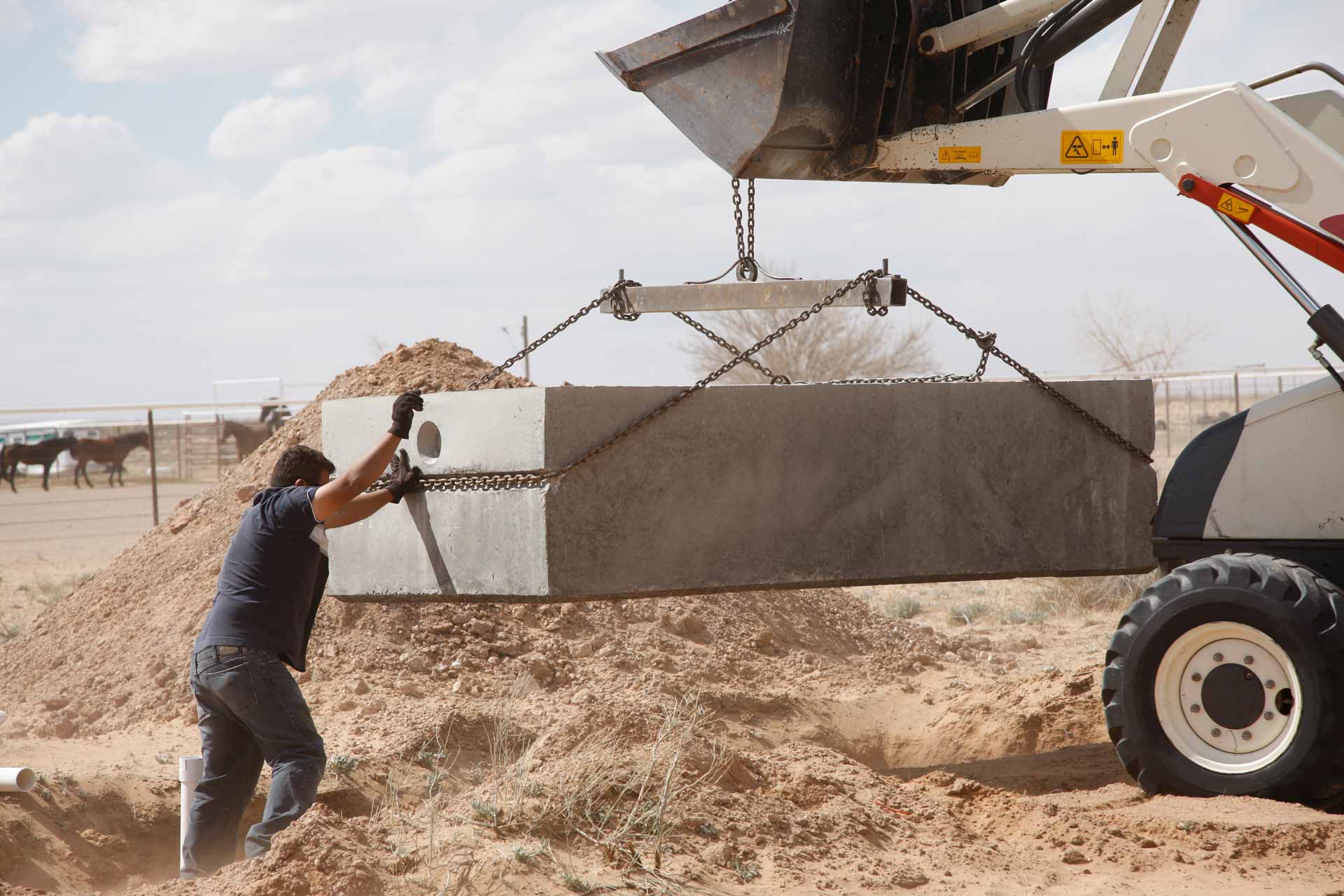What Could Be Causing Frequent Septic Backups?
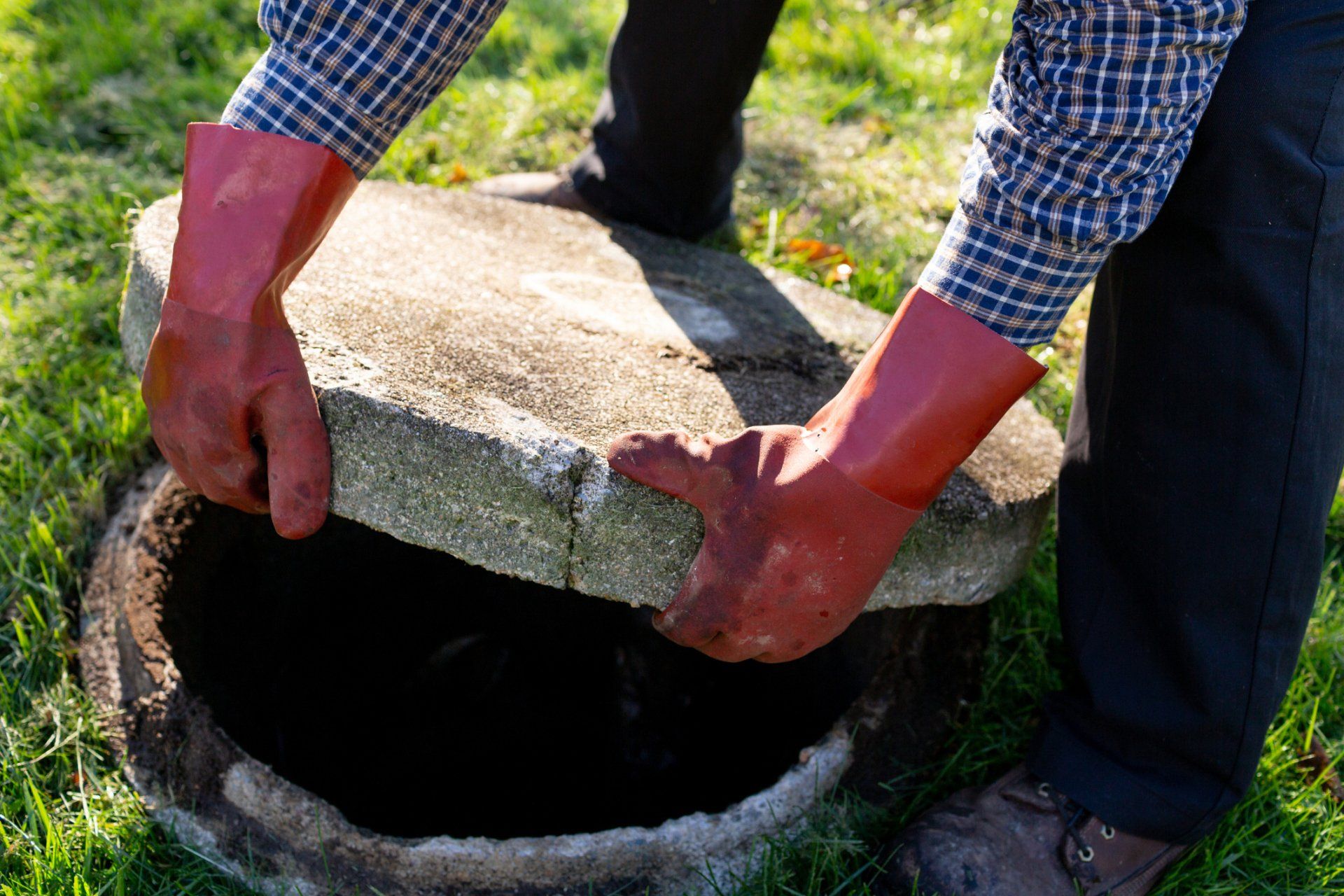
Your septic system has two main sections, both working together to ensure proper home waste management. First, the system has a watertight tank buried underground that stores the solid waste from your house. Second, the system will have a drain field for treating the wastewater and filtering out toxic substances.
Once the water is free of contaminants, the ground reabsorbs clean water back to the water table in the drain field. Therefore, your septic system only releases treated water and keeps the harmful waste inside the septic tank.
You'll need to pump out the tank after a while to maintain good system performance. However, your septic system could experience septic backups that you might not have thought through. Backup issues are a huge risk to your health in addition to being highly inconvenient. For you to avoid them, you need to know why they happen in the first place.
Your Septic Tank is Full
Your septic tank relies on anaerobic bacteria to break down waste from your home. In doing so, most of the solid waste disintegrates to form sludge. Sludge accumulates and settles at the bottom of your septic tank.
With time, the sludge creates a layer that gradually occupies more space in the tank. Soon, the new waste coming in will have little room inside the septic tank, ultimately resulting in septic backups.
At first, system backups will happen when your system is under heavy use. For instance, if you have a couple of guests over, your tank will have more waste to deal with than usual. Without enough room for fresh waste, your septic system will experience backups. Things gradually get worse, and you'll start noticing frequent backups even after light usage.
You Have a Blocked Septic Filter
A septic filter prevents solid waste from reaching the drain field. Excess waste in your drain field limits the efficiency of the water treatment process, leading to groundwater contamination. Filters are often installed inside the tank or at the outlet point towards the drain field.
A blocked filter might stop the effluent from reaching the drain field and instead flow back to your drainpipes. The result is a septic backup of raw untreated wastewater. If the effluent does make it to the drain field, you're likely to notice a sluggish discharge if you have a clogged septic filter. Also, you might hear strange gurgling sounds anytime you drain your sink or flush your toilet.
A clogged filter will have accumulated solid waste, including paper, grease, and solid fats. The untreated solids block the filter outlet, prevent wastewater from flowing smoothly into the drain field.
You Have a Sudden Wastewater Overload
Your septic system can experience a backup if there is too much wastewater suddenly rushing to the septic tank - a scenario also known as hydraulic overloading. A hydraulic overload happens whenever you're running several high-volume home activities at the same time.
For instance, you could be doing laundry while, at the same time, another person in your home is showering or using the dishwasher. The resulting wastewater will be excessive, probably more than your septic system can handle. You can avoid such a problem by spacing out such activities to avoid placing a lot of strain on your system.
To prevent frequent septic tank backups, you'll need to schedule pumping appointments regularly. Your professional septic tank expert will consider several factors to determine the pumping frequency, including the tank size and average wastewater output from your home.
At Pete's Outflow Technicians , we work round the clock to provide lasting solutions to help protect your septic system. We also provide technical assistance anytime you're in need. Contact us today for all your septic needs.

